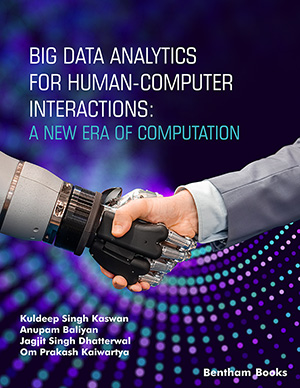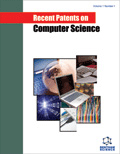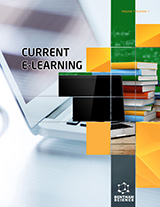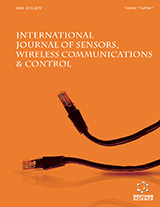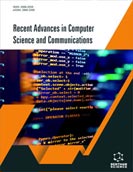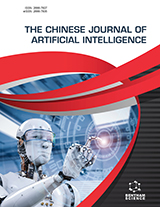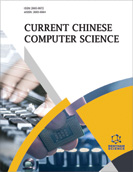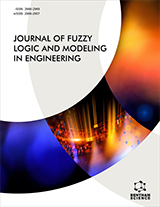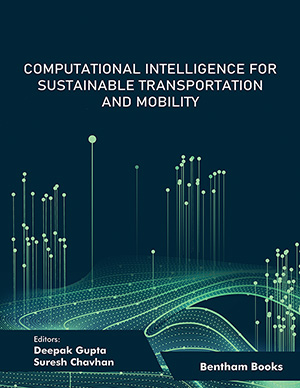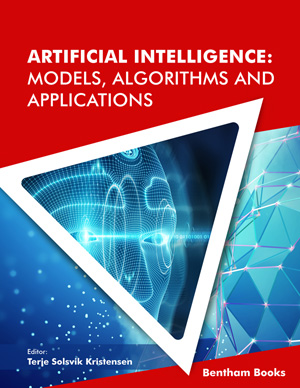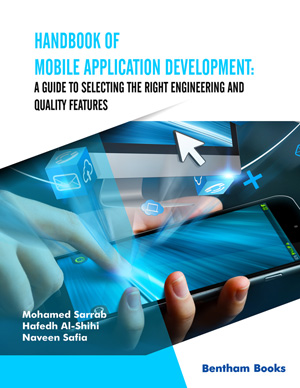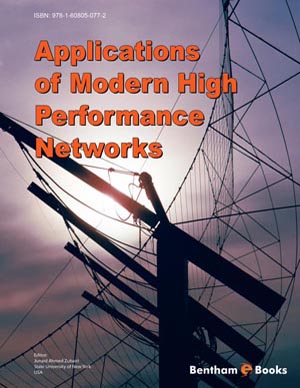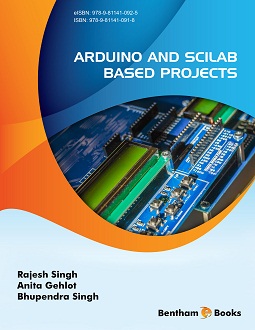Abstract
Society has evolved quickly, and individuals are continually forced to
acquire new abilities viatraining. This means that education/training resources are
substantially restricted; therefore, methods must be developed to tackle this problem.
Intelligent Tutoring Systems (ITS) deployment is being proposed as a solution to
address this problem. In addition, ITS makes it possible for users to learn and improve
their abilities in a particular area. ITS adopts user actions and requirements in a non-intrusive and transparent manner to achieve this aim. The tastes and habits of the users
must be known to deliver a tailored and adaptable solution. Therefore, the capacity to
learn behavioural patterns becomes a crucial component for an ITS to succeed. In this
article, we offer an ITS student model, which monitors the biometric conduct and style
of the user throughout e-learning activities. A classification model supervises the
student’s work throughout this session. This chapter also emphasises the principles of
intelligent learning differences for each activity. Information extraction techniques can
automatically extract knowledge from the text by converting unstructured text into
relational structures. To achieve this aim, traditional information extraction systems
must rely on significant human involvement.
Keywords: Enhance Learning, Support Technology, LEI, Constructivist Learning Environment Scale, TICI, Digital Resources, Content Validity Ratio, SMART Classroom, Real-Time Interaction, Meta-Cognitive Skills, Knowledge Discovery Tool, Critical Thinking, Adaptive Problem-Solving, Open-Ended Learning Environment, Metacognitive Skills, Data Extraction Tool, Stack Overflow, Information Retrieval Technologies, Open Information Extraction, Web Corpus.


